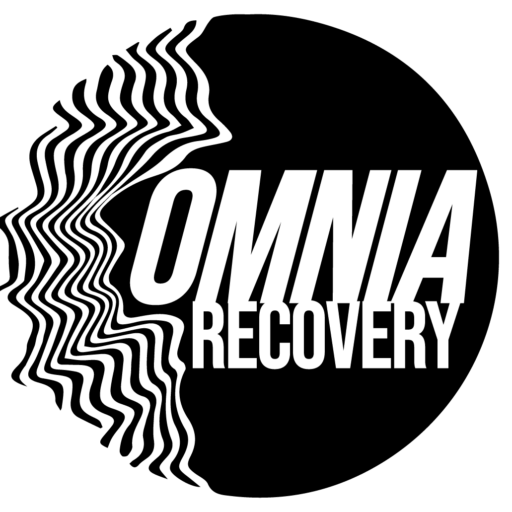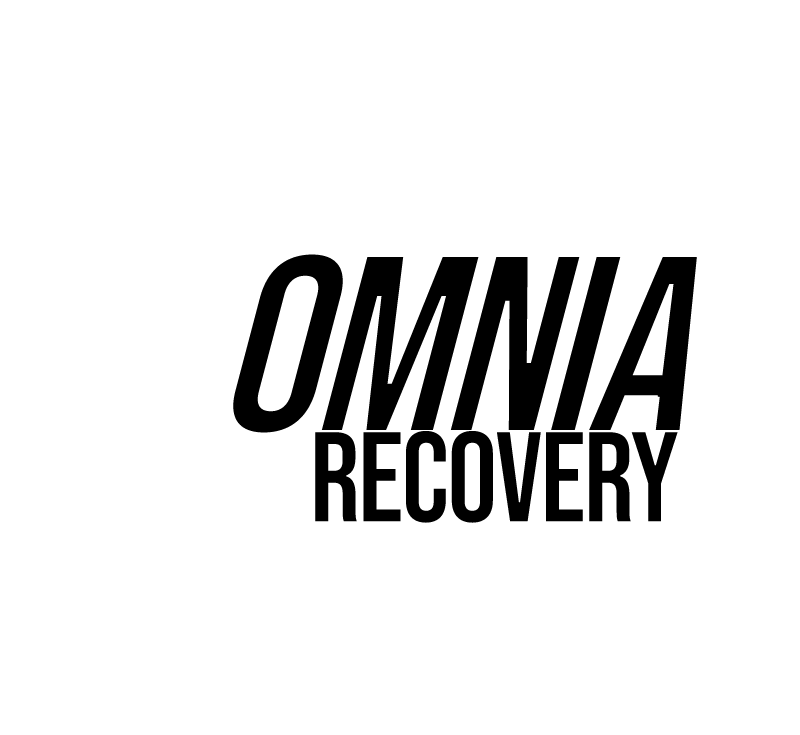
Learn more about our outpatient programs at Omnia Recovery.

Addiction affects people in different ways and at varying levels of intensity. This plays a major role in determining what kind of treatment they receive.
Addiction treatment programs are usually categorized into two primary levels of care. The first is called inpatient therapy. This is when a patient is mandated to stay at the treatment facility until their program is completed. It is usually because these patients require special care and attention during their treatment.
The second is called outpatient therapy. In this type of treatment program, the patient is not required to remain at the treatment facility. They can go home and come only when they have appointments.
If you know anyone who struggles with addiction, encourage them to seek help today. Our Ventura County outpatient drug rehab offers a personalized approach to drug addiction treatment. Contact us today to learn more or get a free consultation.
In drug and alcohol rehabilitation, although inpatient and outpatient services aim to achieve the same goal, it is important to understand the major differences between these two types of treatment programs to decide which is best suited to meet a patient’s needs and requirements.
Contrary to inpatient programs, outpatient treatment allows patients to continue going to work or school and also take care of their family and other personal obligations because they can live at home outside of treatment hours.
The outpatients are given weekly dates to attend group and individual therapy sessions. If necessary, they can also schedule regular appointments with a psychiatrist to get medication to treat withdrawal symptoms, cravings, and any underlying mental health conditions.
Although less intensive, the treatment offered by outpatient institutions is a lot similar to that offered in an inpatient treatment facility. The program at our dual diagnosis treatment center in Los Angeles is here for you.


Both types of treatment services have their benefits and possible drawbacks. One must look at which would benefit them the most before making a choice.
Most of the time, outpatient therapy is best for patients who have already completed the inpatient program. This helps them ease back into their daily lives without being supervised all the time. Some of the benefits of outpatient drug rehabilitation include the following:
Flexible Schedules
The flexible schedule allows patients to receive treatment and still go about their daily lives. They can work, take care of their family, hang out with friends and attend to all other things.
Patients undergoing outpatient therapy can discuss with their therapist to find out what days of the week and what time works best for them so that it does not interfere with their lives.
Succesful Transition from Inpatient
The schedule of inpatient treatment is very strictly supervised. Patients have to follow very strict day-to-day routines and have little or no control over their time.
Outpatient therapy is the best way for patients to successfully transition from the intensive structure of the inpatient program to the outside world. Addiction recovery is not a process that can be rushed. Rather, it requires patience and consistency, which is what outpatient therapy offers without being confined to a particular place.
Stay Connected Socially
Staying connected socially is one of the ways one can improve their recovery process and also prevent a relapse. Instead of remaining isolated or staying away from friends and family, they mingle with others and build a strong support system outside the treatment facility.
They could also become more accountable when they have people around them to look out for them and ask questions when they feel like they are falling back into old habits.
Less Expensive Than Inpatient
Most outpatient therapy centers do not cost as much as inpatient care but still offer effective treatment services. Also, one can work while attending outpatient programs to generate the income they need to foot their bills.
Confidential & Private
Outpatient therapy helps patients to maintain their privacy. Because they can go to work and carry on with their personal lives, they can decide who they want to share the news of their recovery journey with.
When a patient qualifies for outpatient therapy, it is seen as a milestone that encourages them to remain sober and continue to forge ahead in their journey to recovery.
There are several reasons why a person would benefit from either treatment program more than the other. The major reason is how severe the addiction is. Depending on how long a person has been addicted to a particular drug or drugs, the person’s age, and physiology, they typically present with different intensities and types of symptoms.
Persons with co-occurring mental health conditions, severe withdrawal symptoms, and a poor support system would benefit more from inpatient therapy than outpatient therapy.
There are also rules that patients have to abide by when undergoing outpatient therapy, like taking random drug tests to ensure that they have not gone back to using drugs, ensuring that they are punctual, and attending all appointments. Learn more about our behavioral health clinic in Ventura County.


Our outpatient rehab in Ventura County provides a variety of services like partial hospitalization, intensive outpatient treatment, and outpatient treatment programs in a conducive environment.
People can get the comprehensive care their condition requires. This can provide long-lasting results for substance and drug abuse challenges.
Here at Omnia Recovery we take a client-first approach to treatment, meaning each client gets the individualized attention they need.
We offer evidence-based medication-assisted treatment options including Suboxone + Vivitrol to aide the recovery process.
Our day and evening programs offer you flexible options when seeking treatment at Omnia. You can mix + match what fits you best.














Visit our outpatient rehab in Ventura County today to learn more about the treatment options available to you on your journey toward recovery.
If you or someone you love is struggling with addiction, please don’t hesitate to reach out to us today. We’re here to help – no matter what.



Omnia Recovery is a behavioral healthcare provider in Thousand Oaks, California that offers a modern approach to substance abuse, dual-diagnosis and mental health treatment.